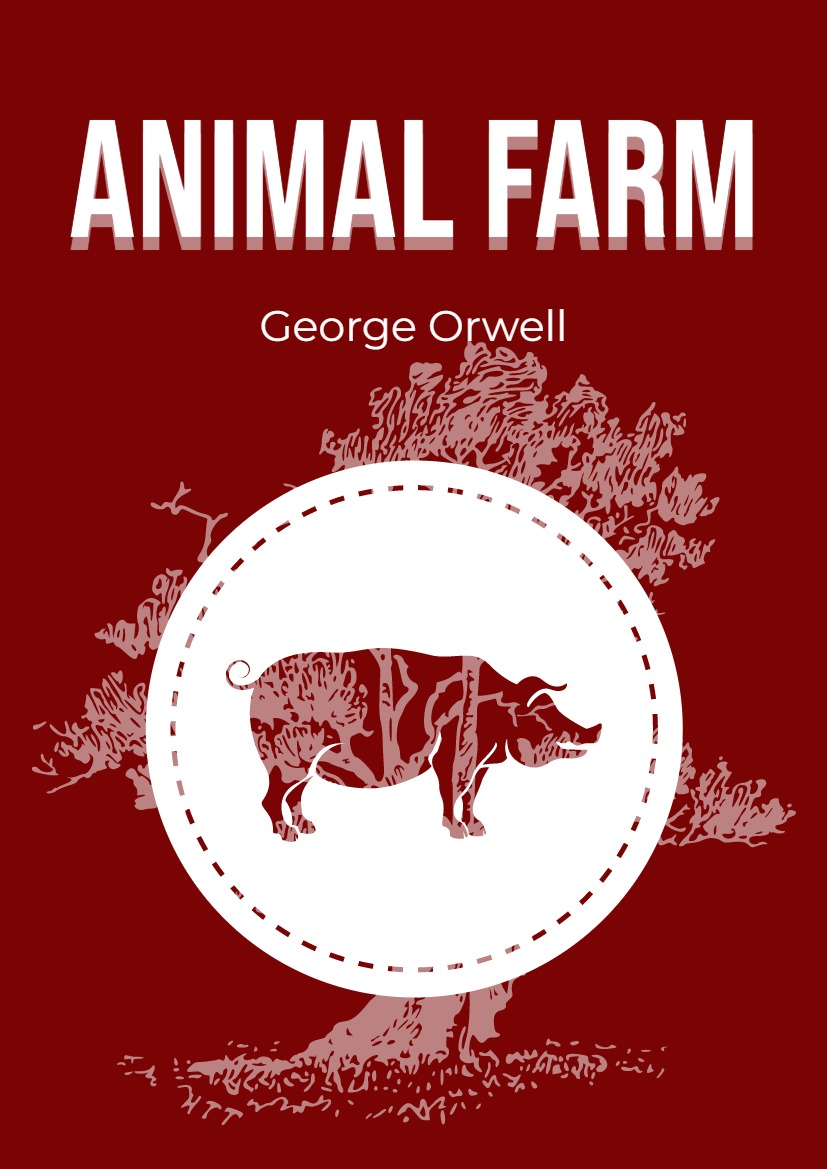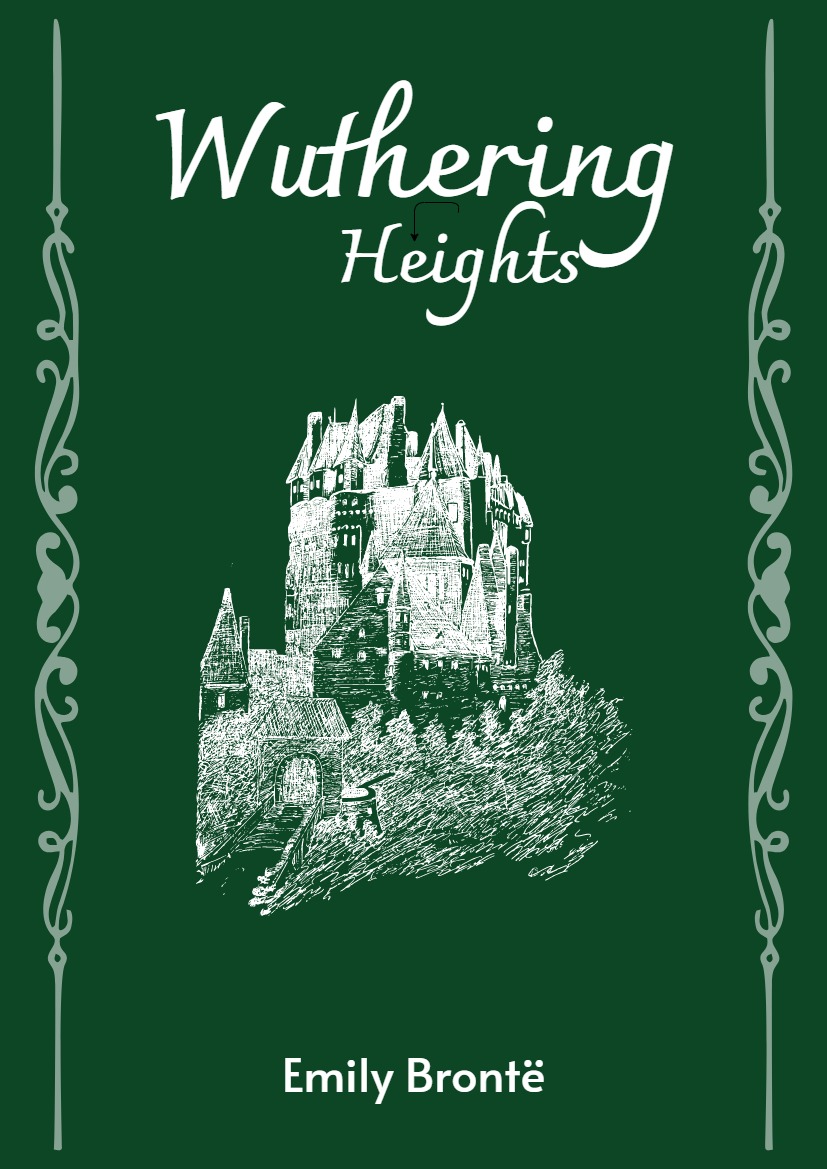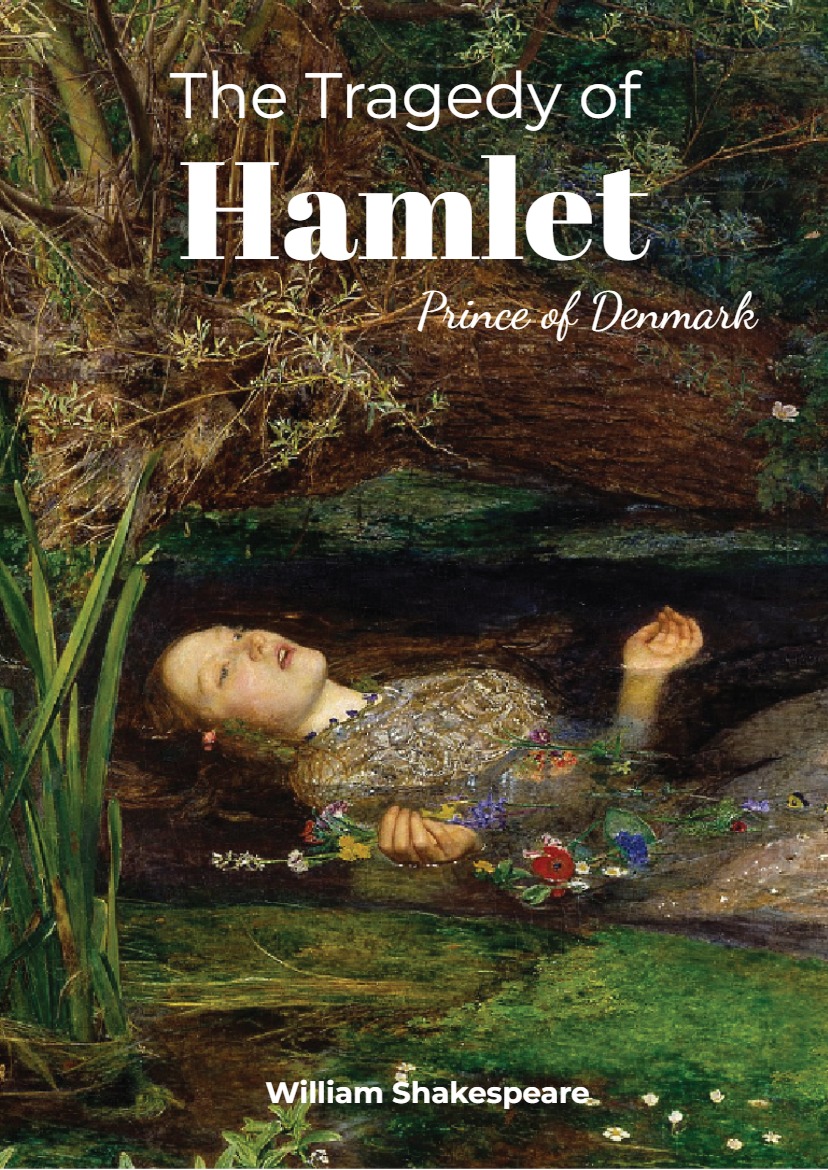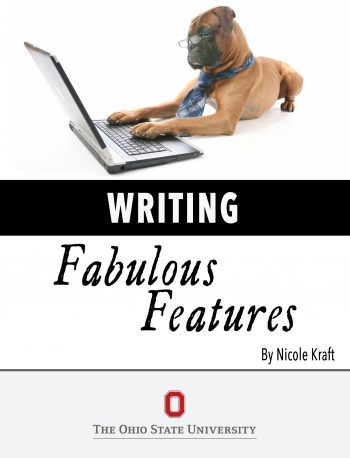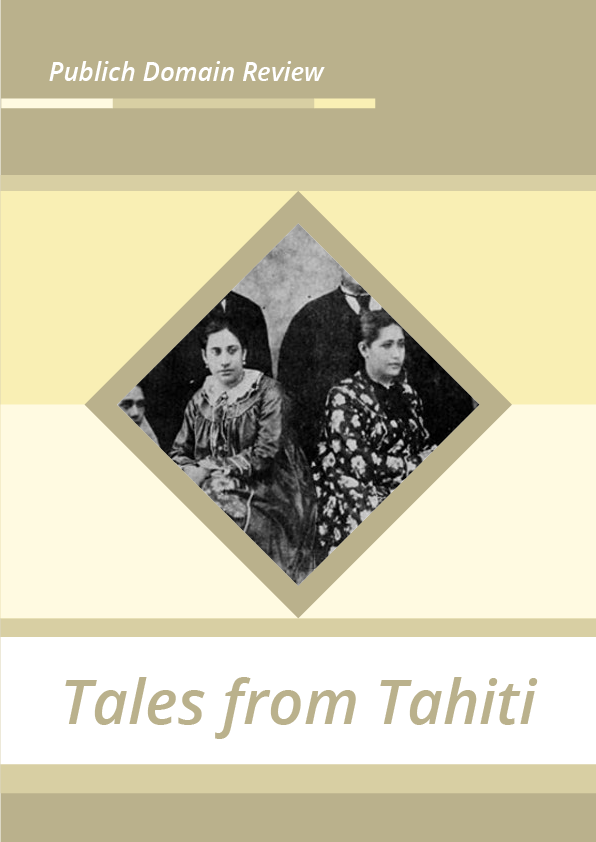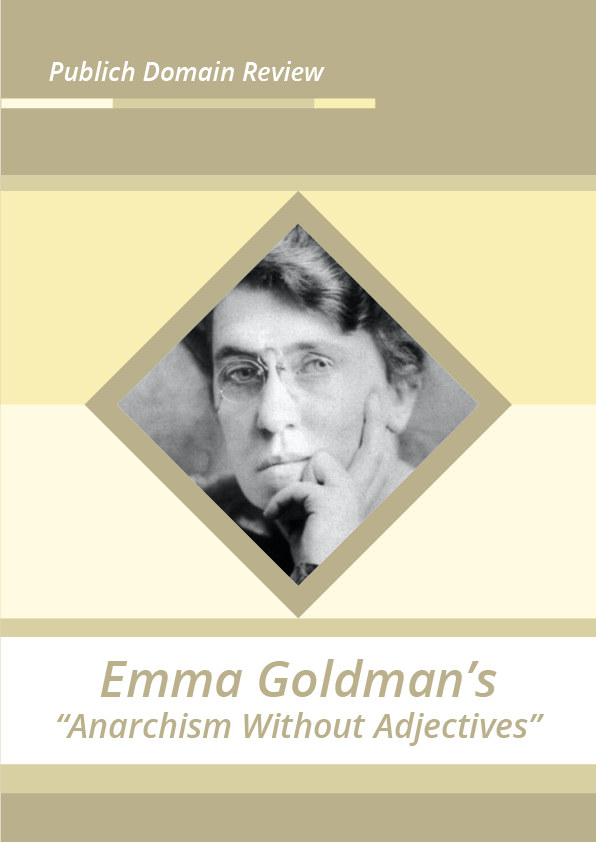Details of the book
Title: Animal Farm
Author: George Orwell
Publication: first published in England on August 17, 1945
About the author
Eric Arthur Blair (June 25, 1903 – January 21, 1950) was known by the pseudonym George Orwell. Being an English novelist, essayist, journalist, and critic, his work is characterized by clear prose, social criticism, opposition to totalitarianism and support for democratic socialism.
More about the book
George Orwell wrote this manuscript between November 1943 and February 1944, based on his experiences during the Spanish Civil War. In the preface to the 1947 Ukrainian edition of Animal House, he explains that while fleeing the communist purges in Spain, he learned “how easy it was for totalitarian propaganda to control the opinions of enlightened people in democratic countries. This prompted Orwell to expose and strongly condemn what he saw as the corruption of primitive socialist ideals by Stalinism.
According to George Orwell, this story reflects the events leading up to the Russian Revolution of 1917 and then into the Stalinist era of the Soviet Union. Orwell was also a democratic socialist, a critic of Joseph Stalin, and hostile to Stalinism under Moscow. This attitude was shaped by his experiences in the Mayday conflict between POUM and Stalin’s forces during the Spanish Civil War.
Plot Summary
The story begins on a farm estate farm in Wellington, England. Due to the owner Mr. Jones mismanagement, alcoholism and irresponsibility, it has provoked the rebellion of the animals in the farm. On one night, an old pig in the manor farm “Old Major” (Old Major) called the animals together for a meeting and declared that man was the enemy of animals, so called on the animals to overthrow mankind, and taught the animals a revolutionary song “Beasts of England” (Beasts of England). After the death of the old Magee, two young pigs, called Snowball and Napoleon, became the leaders of the animals and started an uprising. They eventually succeeded in driving Mr. Jones off the farm and renamed it “Animal Farm”. They adopted the “Seven Commandments of Animalism” as their law, the most important of which is “All animals are equal”. These seven laws are written in capital letters on one side of the barn wall. Snowball later taught the animals to read and write, while Napoleon taught the pups the principles of animalism on his own. The animals were well fed and the farm was well run. The pigs promoted themselves to leadership positions and set aside a special food supply for themselves, which they ostensibly claimed was for their own health. After some time, Mr. Jones and his men try to retake the farm, while other farmers come to Mr. Jones aid out of fear of a similar animal uprising happening on their own farms. Snowball and the other animals first went into hiding and then launched a surprise attack, beating the humans who had just entered the farm to death. The animals were victorious. Snowball’s support soared and the battle was officially named the “Battle of the Bullpen”. On the anniversary of the animal uprising, the animals decided to fire a gun to commemorate the occasion. Snowball and Napoleon competed with each other for the position of supreme leader. Snowball had a plan to build a windmill and modernize the farm. When Snowball announced his plan, Napoleon had his dogs expel Snowball and announced that he himself was the leader.
Napoleon changed the leadership structure of the farm. He abolished the animal congress and replaced it with a committee of pigs who ran the farm. With the endorsement of a pig named Squealer, Napoleon announced that the farm would begin a project to build a windmill. The animals worked very hard because Napoleon promised that the life of the animals would become easier after the windmill was built. After a violent storm, the animals found the windmill collapsed. (The animated version was changed to be blown up by Mr. Jones’ dynamite.) Napoleon and Squealer then convinced the animals that it was Snowball who was deliberately sabotaging their project. Since Snowball became the scapegoat, Napoleon began using his dogs to cleanse the farm and kill the animals he accused of having personal relationships with Snowball . When some of the animals recalled the Battle of the Bullpen, Napoleon kept slandering Snowball and Mr. Jones’ collaborator and presenting himself absurdly as a representative of the heroes of the battle, (when in fact Napoleon himself was hiding without a trace in the battle.) The song “The Creatures of England” was replaced by a song in praise of Napoleon, who began to live like a human being. The animals still believe that their lives are better than the life under Mr. Jones.
Mr. Frederick was the owner of a nearby farm. He attacked the animal farm and blew up the reconstructed windmill with gunpowder. Although the animals win the battle, they pay a huge price, including a pack horse named Boxer who is also wounded. But Boxer, despite his wounds, continued to work tirelessly until he collapsed from exhaustion in the process of building the windmill. Napoleon sent a wagon to take Boxer to a veterinarian, explaining that Boxer would then receive better care. A cynical donkey – Benjamin – is able to read like a pig while he discovers that it is a horse slaughterhouse wagon and tries in vain to save Boxer. Soon, Squealer convinces the animals that the van was bought by the animal hospital from a horse slaughterhouse, and that the slaughterhouse logo had not been defaced. The animals were then told that Boxer had died peacefully at the animal hospital. The pigs held a day of festivities after the boxer’s death to profoundly praise the glorious achievements of Animal Farm and to ask the animals to work as hard as the boxer did. However, the truth is that Napoleon sold the boxer to a horse slaughterhouse to earn money to buy whiskey for the pigs in the ruling group.
Many years have passed, the windmill has been rebuilt while another one is under construction, and the farm is making very good money. However, the ideas that Snowball had mentioned, including hooking up electric lights to the corrals and supplying hot and running water, had been forgotten, and Napoleon kept advocating that the happiest animals should lead simple lives. After the boxer’s death, many of the animals that had participated in the animal revolt had also died, and Mr. Jones also died in his homeland. The pigs increasingly resembled humans, walking upright, carrying whips and wearing clothes. “The Seven Commandments were reduced to a simple phrase: “All animals are equal, but some animals are more equal than others.” Napoleon hosted a dinner party where the pigs and the local farmer celebrated their newly established alliance. Napoleon abolished the revolutionary tradition and renamed the farm “The Manor Farm. The animals looked at the pigs, who were on a par with the humans, and then at the humans, and realized that they could no longer tell which was the pig and which was the human!
